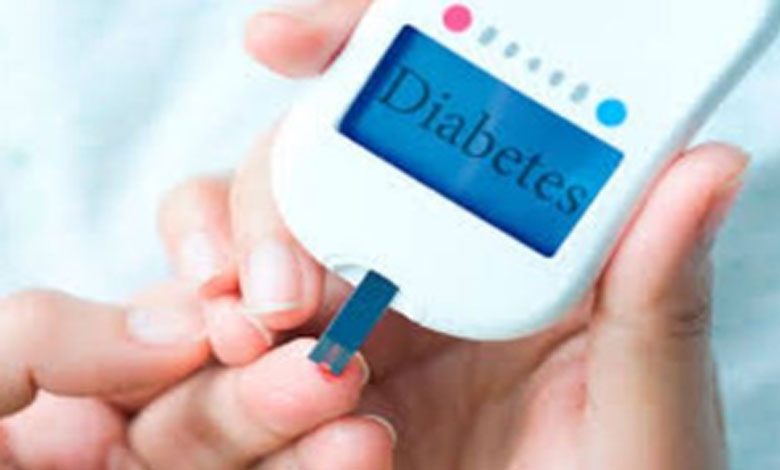Paternal intake of diabetes drug not linked to birth defects in babies: Study
Men with type 2 diabetes planning pregnancy can be reassured that taking the drug metformin may not increase the risk of birth defects in their baby, according to a large study on Thursday.

New Delhi: Men with type 2 diabetes planning pregnancy can be reassured that taking the drug metformin may not increase the risk of birth defects in their baby, according to a large study on Thursday.
The findings, based on more than 3 million pregnancies and published by the BMJ, showed that metformin can continue to be considered a suitable drug for managing blood sugar levels in men planning to have children.
While metformin is widely used to treat type 2 diabetes in men of reproductive age, a recent Danish study reported a link between metformin use by fathers-to-be and an increased risk of congenital malformations, particularly genital, in male infants.
To understand, researchers from Taiwan and Norway set out to evaluate the link between the two.
They used national birth registries and prescription databases and identified 619,389 babies with paternal data during the period of sperm development (three months before pregnancy) in Norway during 2010-21, and 2,563,812 in Taiwan during 2004-18.
Among these, fathers of 2,075 (0.3 per cent) babies in Norway and 15,276 (0.6 per cent) babies in Taiwan used metformin during the sperm development period.
Looking at only men with type 2 diabetes, and adjusting the father’s age and related conditions, the team found no increased risk of any congenital malformations among infants born to those who used metformin during the sperm development period in neither Norway nor Taiwan.
And no notable increases in risk were also found for any specific organ malformations, including genital malformations.
“These results provide reassurance and can assist clinicians in making informed treatment decisions when selecting metformin in the treatment of type 2 diabetes mellitus among men who are planning a family,” said the team from National Taiwan University, and the University of Oslo.
However, the team noted that the findings “are observational, so can’t establish a cause”. They also acknowledged limitations such as inaccuracy in diagnostic data and misclassification of drug use.
